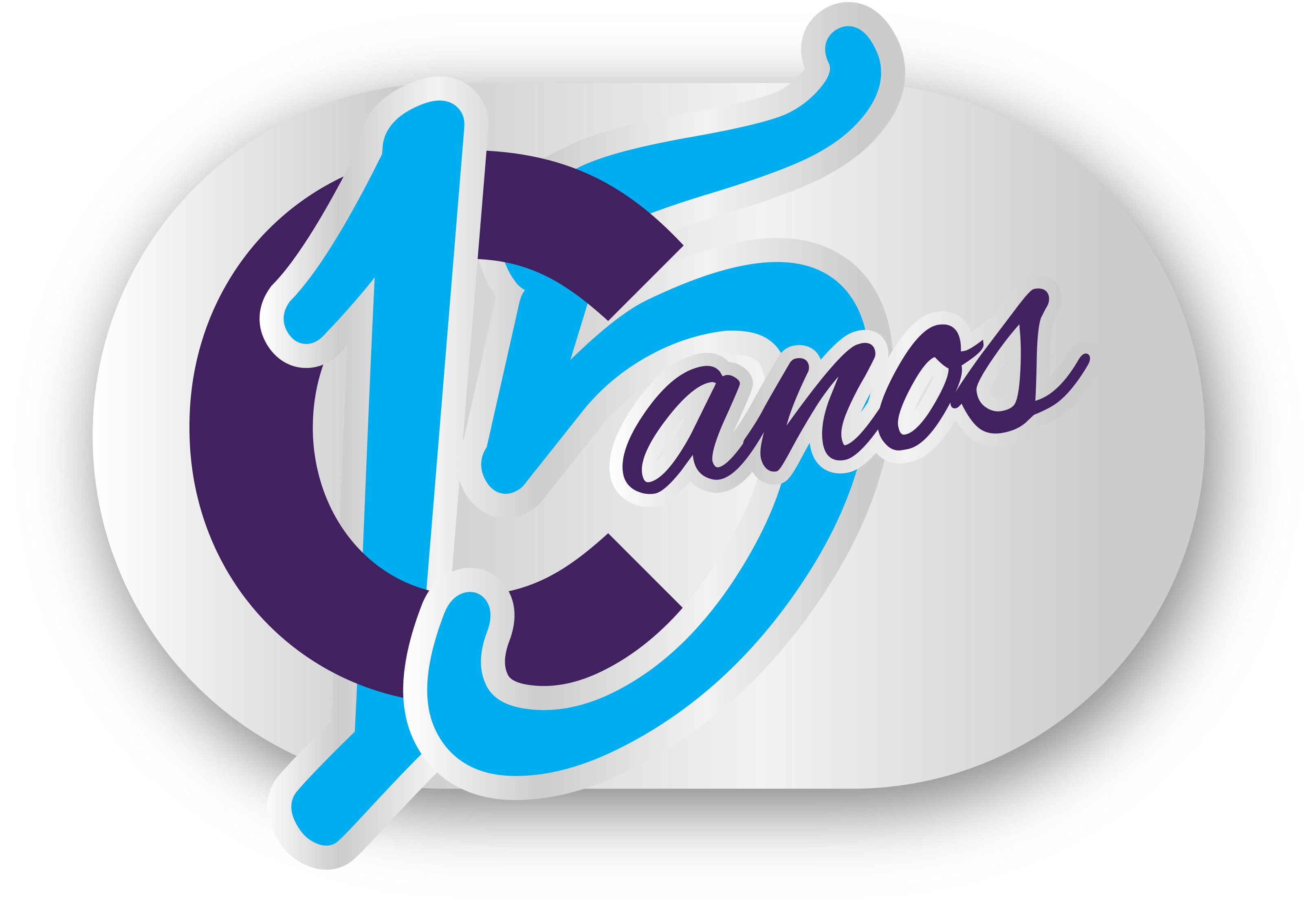


In February, the Tribunal of the Administrative Council for Economic Defense (“CADE’s Tribunal”) approved a settlement agreement in a probe concerning iFood’s alleged abuse of dominance, closing the investigation. The online delivery app platform was being accused of imposing exclusive relationships with restaurants and raising barriers to entry.
Among the terms of the settlement agreement is (i) at national level, a prohibition on iFood signing exclusive agreements with restaurant chains that have 30 stores or more in Brazil, (ii) at a national level, a requirement that iFood’s turnover linked to exclusive relationships represent at the most 25% of its gross merchandise value, (iii) at a local level, considering cities city with more than 500 thousand inhabitants, a requirement that iFood has exclusive agreements with only 8 percent of the total number of restaurants active on its platform.
In 2022, a group of automobile companies proposed the creation of a global joint venture to create a free access digital platform that would enable the companies to exchange information about products and processes related to the automobile industry.
In Dec. 2022, CADE’s Tribunal decided to conditionally approve the transaction, provided that the companies, which want to participate in the JV, agreed on complying with a package of remedies imposed by the agency that were mainly related to limiting the exchange of sensitive information between competitors, as well as creating means of monitoring potential anticompetitive practices. However, the parties withdrew the transaction, arguing that CADE’s remedies would make it impossible for the platform to operate. After that, the automobile companies publicized the creation of Cofinity-X, a new JV, with an object similar to Catena-X, but excluding Brazil from its scope.
In Feb. 2023, following such change, CADE’s Tribunal blocked the initial plan for the creation of the JV and recommended the opening of an investigation on whether the companies practiced gun-jumping and/or engaged in other anticompetitive practices. Since then CADE´s investigation unit has been sending questionnaires to the companies related to those concerns.
In another ongoing case, regarding a global JV between Cargill, Louis Dreyfus, ADM International and SustainIt Pte that creates a digital platform to exchange sustainability-measurement data on the food and agriculture supply chain, CADE has been making inquiries to the parties to address similar concerns on exchange of information between competitors.
In Mar. 2023, CADE’s Tribunal closed a procedure on the alleged car-thermal systems cartel due to lack of evidence.
In this context, CADE´s president, Alexandre Cordeiro, followed by the majority of CADE’s Tribunal, found that, despite the fact that leniency agreements and settlement agreements constitute an important source of information of the existence, participation, and duration of cartels, “the reports derived from such agreements requires documents that support them, not being, by itself, a condemnatory sentence, under the penalty of leading to condemnations without adequate and sufficient evidence”.
In Apr., CADE’s Tribunal fined 18 IT companies and 20 individuals for a hub and spoke cartel involving acquisition of interactive whiteboards and smart board projectors.
According to Reporting Commissioner Luiz Hoffman, the interaction resulted in a hub and spoke cartel, given that the supplier of the products acted as facilitator of collusion between the dealers. Indeed, the investigation started after a complaint filed by a dealer arguing that it was forced by the supplier to give up its participation in a public bid to favor another dealer. The Tribunal found that the supplier was organizing an arrangement among dealers with the objective of frustrating both public and private bids. The imposed fines amount to BRL 7.9 million.
The approval of the merger between chocolate manufacturers Nestlé and Garoto, originally submitted for CADE’s approval in 2002 under the authority’s former post-merger notification system, ends a long-standing court dispute against CADE’s decision to reject the parties’ remedy proposal and to block the deal in 2004. CADE’s reanalysis follows a court decision.
The approval is conditioned to the parties’ compliance with behavioral remedies set forth in a merger control agreement. Among other commitments, Nestlé agreed to inform CADE about all its acquisitions in the chocolate business for the next seven years, regardless of whether they meet CADE’s thresholds; to not intervene in third parties’ claim to reduce, suspend or eliminate chocolate import taxation; and to abstain itself from acquiring any assets that represent 5% or more of the chocolate market in Brazil.
As of March 15th, public interest assessment became optional in original dumping and subsidy investigations. With the change, the public interest assessment proceeding may be requested by an interested party, who must file for opening the investigation based on the Public Interest Questionnaire or started ex officio at the Brazilian Department of Trade Defense (“DECOM”) discretion.
In the last months, the Executive Committee of the Brazilian Foreign Trade Chamber (“GECEX”) extended, for up to five years, the antidumping duties applied to the following products and origins:
In May, the GECEX imposed antidumping duties, for up to five years, to the imports of empty hard gelatin capsules (commonly classified under the NCM code 9602.00.10) originated from Mexico and USA. The duties range from US$ 0,12 up to US$ 2,13 for 1000 capsules.
In March, the GECEX imposed antidumping duties for up to five years to the imports of butyl acrylate (commonly classified under the NCM code 2916.12.30) originated from Russia. The duties range from US$ 189,92/ton to US$ 638,95/ton.
Denise Junqueira
djunqueira@cascione.com.br